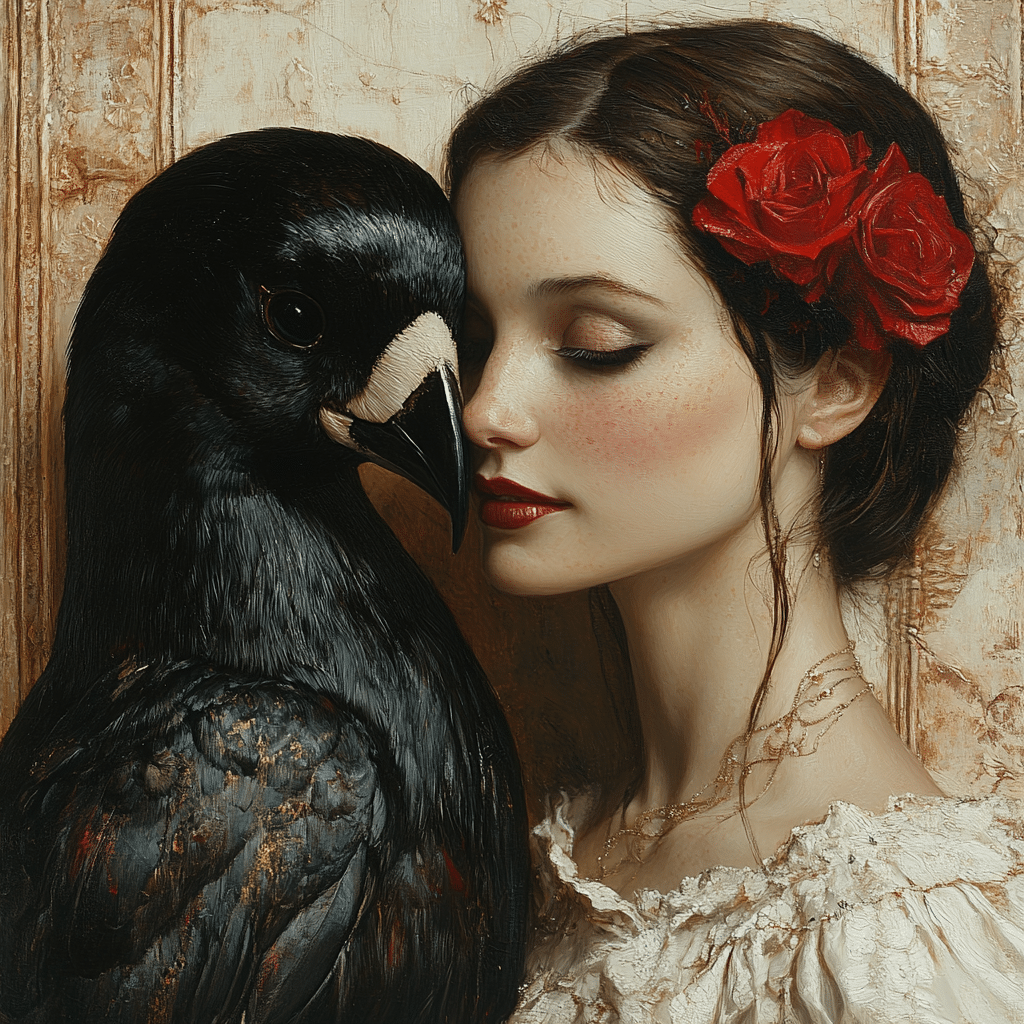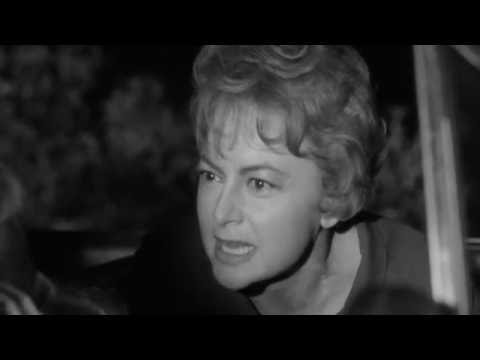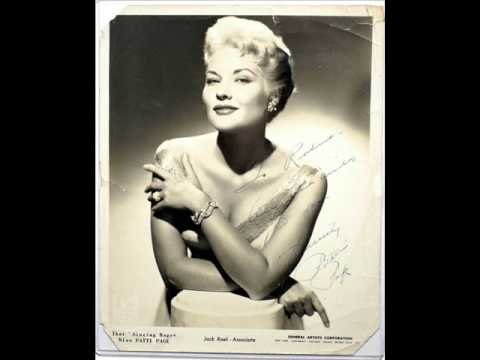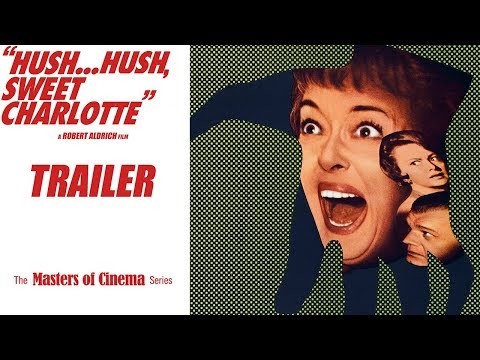
Hush Hush Sweet Charlotte A Gripping Tale Of Murder And Deceit
Hush Hush Sweet Charlotte: A Cinematic Masterpiece
In the annals of Southern Gothic cinema, Hush… Hush, Sweet Charlotte reigns supreme. Directed by Robert Aldrich in 1964, this psychological thriller reveals the tangled web of suspense and family secrets. With its captivating storyline and Bette Davis’s unforgettable portrayal of the tormented Charlotte, the film remains a hallmark of the genre. It dives deep into the darker sides of humanity, threading together themes of betrayal, madness, and the weight of family legacy, while leaving viewers utterly spellbound.
From the outset, audiences are drawn into Charlotte’s world, plagued by whispers of a lover’s murder that intertwine with her troubled past. The film transforms into a chilling exploration of the human psyche, the consequences of hidden truths, and the fallout of those whom one trusts the most. The ambiance, crafted with haunting visuals, accentuates the narrative, making Hush Hush Sweet Charlotte a timeless classic.
Moreover, the film’s production was set in the picturesque settings of Louisiana, notably at the enchanting Houmas House. If you’re in the New Orleans vicinity, losing yourself among the beauty of this historic mansion helps viewers appreciate the film’s atmospheric depth even more. The legacy lives on, as Hush Hush Sweet Charlotte continues to inspire, provoke conversations, and leave an indelible mark on cinematic history.

The Top 5 Themes in Hush Hush Sweet Charlotte That Reflect Human Nature
At its core, Hush Hush Sweet Charlotte exposes a narrative rich with betrayal. Charlotte, burdened by the loss of her lover and the cloak of mistrust draped over her relationships, embodies the emotional turmoil many face in real life. This theme mirrors the very public rivalry between Joan Crawford and Bette Davis that unfolded behind the scenes, highlighting how betrayal can seep into personal and professional realms, complicating even the closest bonds.
The film’s portrayal of Charlotte’s unraveling mind after her lover’s murder shines a light on the stigmas surrounding mental health. In the 1960s, society often misunderstood women dealing with such issues. This is reminiscent of modern films like Black Swan, reflecting how the arts, across generations, have grappled with and slowly embraced the complexities of mental illness.
Family dynamics take center stage, as Charlotte grapples with inherited secrets that cast long shadows. These secrets suffocate her relationships, reminding audiences of similar themes found in contemporary films like Knives Out. The enchanting Southern settings go hand-in-hand with narratives exploring the dark corners of family life.
Charlotte fights against the patriarchal constraints of her time. This struggle reflects contemporary discussions about women’s rights and autonomy, making it relevant in today’s dialogue. Nearer to home, films such as Promising Young Woman examine women’s empowerment and societal oppression, mirroring Charlotte’s tragic yet compelling journey.
It’s the remnants of Charlotte’s past that haunt her present, a theme that transcends time. The tension between past actions and present consequences vividly echoes in contemporary series like The Haunting of Hill House. Such narratives serve as cautionary tales, showing that unresolved trauma can establish long-lasting scars, particularly for women left to bear the burden of others’ decisions.
Analyzing Hush Hush Sweet Charlotte: Cinematic Techniques That Enhance the Story
Hush Hush Sweet Charlotte employs a masterful tapestry of cinematic techniques that elevate its narrative.
These artistic choices not only enhance the film’s emotional weight, but they also invite viewers to contribute to the narrative. Each element harmoniously intertwines, creating a holistic experience that resonates long after the screen fades to black.

The Legacy of Hush Hush Sweet Charlotte in Modern Cinema
The ripples of Hush Hush Sweet Charlotte extend far beyond its 1964 release. Its mix of innocence with underlying terror has paved the way for modern filmmakers, influencing works like Hereditary and Get Out. This psychological dichotomy invites audiences to confront uncomfortable truths, making it a rich text for analysis.
Many contemporary films reflect a similar narrative complexity, drawing from Charlotte’s exploration of deep-seated fears and the haunting specter of regret. It reminds us that while styles may evolve, the essence of great storytelling remains unchanged.
From its pivotal themes to the immersive visual language, directors continue to pay homage to Aldrich’s enduring classic, showcasing how Hush Hush Sweet Charlotte remains a study in how characters wrestle with their demons while revealing layers of humanity that continue to echo in today’s cinematic landscape.
The Influence of Hush Hush Sweet Charlotte on Modern Female Characters
As we probe into the current cinematic landscape, the echoes of Hush Hush Sweet Charlotte are undeniably present. The film steered the spotlight onto complex female protagonists who wrestle with societal expectations and personal challenges.
In films like Little Women and Fargo, female characters navigate their own dilemmas while breaking away from stereotypical moldings. Whether it’s Charlotte facing insurmountable betrayals or Jo March asserting her independence, these portrayals directly evolve from the groundwork laid by earlier films.
This evolution showcases a shift toward more nuanced female narratives, inviting audiences to empathize with protagonists who possess multi-dimensional experiences. The strength and vulnerability found in characters inspired by Charlotte continue to shape narratives, making them relatable and empowering.
Wrapping it Up
The enduring impact of Hush Hush Sweet Charlotte lies embedded in its ability to resonate across generations. Its exploration of betrayals, secrets, and the human psyche strikes chords relevant not just in its own time, but in today’s society as well. The film not only showcases the richness of storytelling but also provides poignant insights into the complexities of human behavior—factors that imprint on audiences regardless of whether it’s the 1960s or 2024.
As Hush Hush Sweet Charlotte continues to be scrutinized and celebrated, it invites viewers into a labyrinth of fear, regret, and a resolve to confront the ghosts of the past. Such timeless narratives serve as crucial texts in the ongoing evolution of Southern Gothic storytelling, reminding us of the introspective journeys we undertake while navigating through life. A true cinematic jewel, its legacy shines brightly, leaving a lasting impression that transcends mere entertainment and delves into the essence of humanity itself.
Hush Hush Sweet Charlotte: Fun Trivia and Interesting Facts
Cinematic Genesis
Did you know that “Hush Hush Sweet Charlotte” was originally intended as a vehicle for Bette Davis? Rumor has it that she nearly turned down the part of Charlotte when she found the character a bit too abrasive. Yet, that resilience of her iconic persona shines through in a role that’s become legendary. Fans might appreciate how the film was a sort of unofficial sequel to Davis’s earlier success in “Whatever Happened to Baby Jane?” and helped set the stage for future psychological thrillers. Speaking of thrillers, if you’re in the mood for more films that keep you on the edge of your seat, check out the latest streaming options, like the Maxxxine movie streaming.
Star Power and Behind-the-Scenes Drama
The film also had quite the cast, including Olivia de Havilland, who had her fair share of on-set squabbles with Davis. Their tumultuous relationship resulted in no shortage of drama both in front of and behind the camera. One can’t help but wonder how these dynamics influenced the film’s chilling atmosphere. While Hollywood has seen its fair share of intense moments, it’s refreshing to discover indie releases like Star And Stripe, which showcase emerging talents and unique storytelling styles. And if you’re looking for more current viewing options, don’t forget to check out the AMC Movies Burbank 16 for the latest offerings.
Reflections of its Time
When “Hush Hush Sweet Charlotte” hit theaters in 1964, it reflected the growing fascination with murder mysteries and dark themes in cinema. Its story of murder and deceit resonated with audiences, drawing comparisons with real-life scandals from that era. The film’s haunting musical score, composed by Frank De Vol, added an eerie vibe that still lingers. Interestingly, as people weigh decisions about current finance matters, some might find themselves wondering, what are current mortgage rates, which can be a much different kind of tension than that of solving a murder mystery. Searching for a healthier approach within family turmoil can be just as gripping—those interested in learning how to help loved ones cope might explore resources on communication in addiction recovery.
So, whether you find yourself engrossed in vibrant storytelling or navigating personal challenges, “Hush Hush Sweet Charlotte” remains a classic that speaks volumes about psychological depth and human frailty—truly a gripping tale indeed!

Who was the real killer in Hush… Hush, Sweet Charlotte?
The real killer in Hush… Hush, Sweet Charlotte is revealed to be Jewel, who was blackmailed by Miriam.
What is the story of Hush… Hush, Sweet Charlotte?
The story of Hush… Hush, Sweet Charlotte follows Charlotte, a woman suspected of murder, as she confronts her dark past and family secrets revolving around the murder of her boyfriend, John.
Was the house in Hush… Hush, Sweet Charlotte real?
Yes, the house featured in Hush… Hush, Sweet Charlotte is real. It was filmed at Houmas House in Louisiana, which is a beautiful spot worth visiting.
How well did Hush… Hush, Sweet Charlotte do?
Hush… Hush, Sweet Charlotte was a significant hit, earning seven Academy Award nominations and gaining critical acclaim.
Who killed Charlotte’s boyfriend in Hush Hush Sweet Charlotte?
Charlotte’s boyfriend, John, was killed by Jewel, whose actions are rooted in a complex web of betrayal and secrets.
What was in the letter at the end of Hush Hush Sweet Charlotte?
At the end of Hush… Hush, Sweet Charlotte, Charlotte discovers a letter that reveals key truths about the betrayals in her life.
Who is the villain in Hush Hush Sweet Charlotte?
The main villain in Hush… Hush Sweet Charlotte is Jewel, whose motives drive much of the plot’s tension and conflict.
What happens to Charlotte at the end of the movie Hush Hush Sweet Charlotte?
By the film’s conclusion, Charlotte is left to grapple with her past and the revelations about her family, leading to an emotional but ambiguous ending.
Is Hush Hush Sweet Charlotte a sequel to What Happened to Baby Jane?
Hush… Hush Sweet Charlotte is often compared to What Happened to Baby Jane, but it’s not a direct sequel; it carries its unique story and themes.
Was Hush Hush Sweet Charlotte filmed at Oak Alley?
No, Hush… Hush Sweet Charlotte was not filmed at Oak Alley; it took place at Houmas House instead.
Was Bette Davis nominated for Hush Hush Sweet Charlotte?
Yes, Bette Davis received an Oscar nomination for her performance in Hush Hush Sweet Charlotte, highlighting her incredible talent.
Was Hush Hush Sweet Charlotte based on a book?
The film was not originally based on a book; it was crafted as an original screenplay for the screen.
Was the song Hush Hush Sweet Charlotte written for the movie?
The song “Hush Hush Sweet Charlotte” was indeed written for the movie, adding an iconic touch to its legacy.
What is the movie Hush Sweet Charlotte about?
Hush Sweet Charlotte is about a woman dealing with the ghosts of her past, as she uncovers family secrets, betrayal, and murder while fighting for her sanity.
What happened in Hush Hush?
In Hush Hush, a web of lies unfolds, revealing deep-seated family issues and the impact of a past murder that haunts everyone involved.












